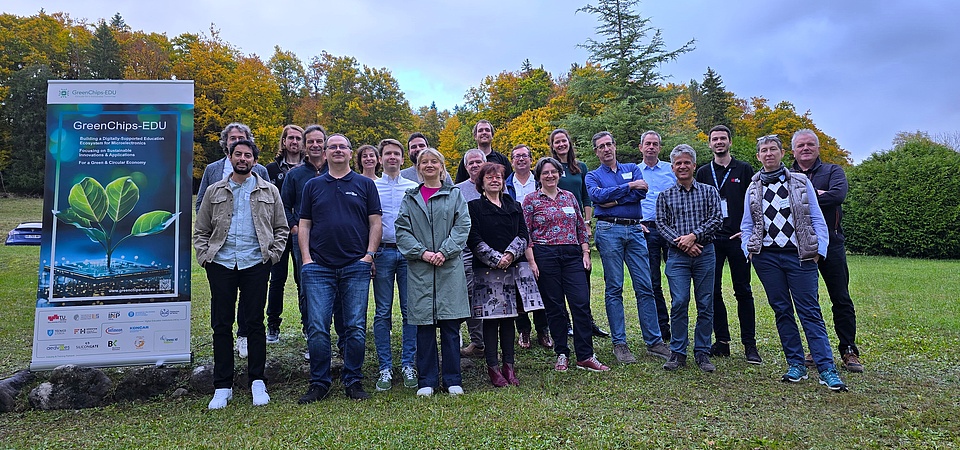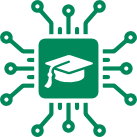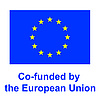2nd Consortium Meeting at Autrans (Grenoble)

It has been an intense week for the GreenChips-EDU project, which participated in the Unite! Research School hosted by Grenoble INP in the mountain village of Autrans. The Research School brought together around 150 students from all nine Unite! partners, with TU Graz, as the coordinator of GreenChips-EDU, playing a key role throughout the event.
We were invited to design the syllabus for the "Sustainable Electronics" program, which included providing online courses with self-assessment components, a project presentation, a repair workshop, and an on-site lecture.
On the first day, Tuesday the 15th, we introduced the GreenChips-EDU project and explained its origins—highlighting the talent shortage in the microelectronics industry, the European Chips Act, and the increasing preference of students for video-based learning over traditional textbooks.
Additionally, we organized a Learn-Repair Café, where participants brought their broken small devices, such as Bluetooth speakers, toys, and mixers. We offered a beginner's workshop in soldering and successfully repaired several items, much to the delight of their owners. Through this hands-on experience, participants realized that many devices could be easily repaired with the right tools and guidance, reducing the need for disposal.
On the second day, Wednesday the 16th, we delivered an interactive lecture on the "Fundamentals of Electronics," covering the history of microchips and the basics of integrated circuit (IC) components. The session concluded with a panel discussion featuring project partners from Business Konsens and RUSZ, alongside students, to explore the environmental impact of microchip production, the issue of e-waste, and potential solutions such as circular economy models and the recycling and upcycling of electronics.
The final day, Thursday the 17th, was dedicated to a consortium meeting in Autrans, where we developed a Master's lecture catalogue, selecting courses that will be collaboratively shared and digitalized in the coming months. We also officially launched Work Package 4, which focuses on evaluating and implementing the offered courses. During the meeting, we outlined the next steps for the project, including upcoming deliverables and the next consortium meeting.
To cap off the week, we enjoyed a late-afternoon hike to the nearby mountains, taking in the breathtaking views of the Vercors range surrounding Autrans.

